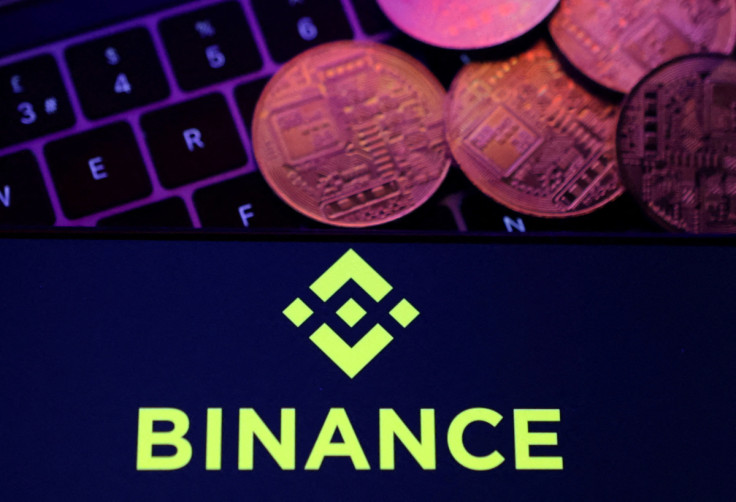Binance's Legal Trouble Far From Over; SEC Uses Newly Unsealed Court Records To Strengthen Case

KEY POINTS
- Binance and Zhao entered into a settlement agreement with the DOJ and other agencies last month
- The historic settlement deal saw Binance agreeing to pay around $4.3 billion in fines
- The SEC has urged the court to take judicial note of Binance and Zhao's plea deals
The U.S. Securities and Exchange Commission is not yet done with its enforcement action against centralized cryptocurrency exchange platforms, particularly Binance, as the regulator used newly unsealed court records to strengthen its case against the CEX.
Binance, the world's largest CEX by trading volume, entered into a settlement deal with the Department of Justice, Treasury Department and Commodity Futures Trading Commission (CFTC) last month and agreed to pay a whopping $4.3 billion in fines, bringing an end to their years-long investigation into the exchange.
However, the deal did not include a settlement with the SEC, which means the major Wall Street regulator can still pursue whatever legal action it plans against the exchange, including moving forward with a lawsuit it filed against Binance and its then-CEO Changpeng Zhao (CZ) in June.
In an interesting legal maneuver, the SEC, in its filing last Friday, asked the court to take judicial note of the newly unsealed documents of Binance and Zhao, including their plea deals with other agencies and regulators.
The SEC's request suggests that it wants the judge to declare the fact presented as evidence as true without a formal presentation.
The commission argued that Zhao and Binance's settlement agreements underscored why its case against them should move forward.
Binance, in its plea deal, admitted that it "intentionally sought and served millions of customers located in the United States" and "intentionally maintained substantial connections to the United States, from which it generated, among other things, web traffic, user base, transaction volume, and profit."
Moreover, the exchange said it chose not to comply with U.S. law "because it determined that doing so would limit its ability to attract and maintain U.S. users."
"Many of these Binance-related facts and admissions not only strengthen the SEC case but also reinforce the SEC's arguments in opposition to the Binance's current motion to dismiss the SEC action," said John Reed Stark, former chief of SEC Office of Internet Enforcement.
He argued that "numerous facts contradict CZ's argument that the court did not have personal jurisdiction over him because he lacked sufficient contacts with the United States."
Zhao "exercised 'day-to-day' control of Binance, which included making 'strategic decisions for Binance.' Among other things, he authorized and directed' Binance's strategies to secretly encourage U.S. customers to trade on the Binance.com platform," Stark wrote on X.
Breaking News: A Binance Double Whammy. 1) Newly Unsealed US DOJ Filings Could Mean the End of Binance; and 2) SEC Files Supplemental Pleading Against Binance, Strengthening the SEC Binance Lawsuit Exponentially
— John Reed Stark (@JohnReedStark) December 9, 2023
There’s been a flurry of newly released Binance-related filings… pic.twitter.com/igN2I9Y7cP
In the SEC's court filing, it argued that Zhao knew U.S. customers "were essential for Binance to grow, were a significant source of revenue, and had a substantial network effect."
The Binance founder also "sought those benefits for the company while disregarding the legal obligation to implement an effective [anti-money laundering] program," the SEC added.
Stark said the crypto community should look forward to more activities from the SEC because of the plea agreements made by Binance and Zhao.
"Expect a lot more activity from the SEC as a result of the Binance and CZ plea agreements. The SEC now has at its disposal a treasure trove of fresh and comprehensive Binance-related inculpatory evidence gleaned from the various pleadings, orders, attachments, and other Binance-related charging documents," Stark said in a lengthy tweet.
© Copyright IBTimes 2025. All rights reserved.






















